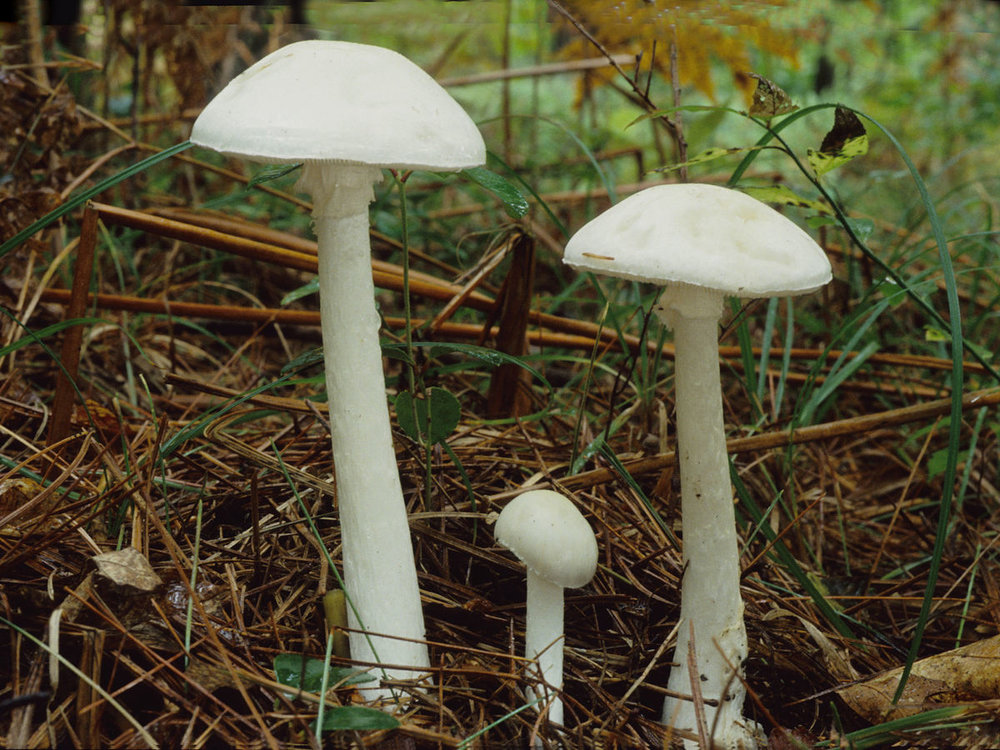Mushroom poisoning kills 18 in Iran

TEHRAN — Toxic mushrooms have killed 18 and poisoned 1,151 people in the country over the past few days, Emergency Medical Services Organization spokesman Mojtaba Khaledi has said.
The poisonous mushrooms targeted their first victims in western province of Kermanshah with 7 people died of the poisoning and 389 people were admitted to the hospitals, Khaledi said, adding that most of those affected were from western parts of the country.
So far provinces of Lorestan, Kordestan, West Azarbaijan, Zanjan, Ilam, Kohgiluyeh and Boyer Ahmad, Qazvin, Chaharmahal and Bakhtiari, Fars, Markazi and Hamedan reported mushroom poisoning cases, he added.
Some 1,151 became ill eating the mushrooms and admitted to the hospitals and unfortunately 96 are still hospitalized and some are now on organ transplant waiting list to receive a liver or kidney, Khabaronline quoted Khaledi as saying.
Health ministry has banned buying loose mushrooms to avoid further complications. Citizens are also warned against picking wild mushrooms which may even resemble the edible ones.
Oliya Sami, an official with Hamedan province emergency medical services has linked the recent events with recent heavy rainfalls and considerable growth of wild mushrooms particularly in western parts of the country, YJC reported on Saturday.
“Right now it is better to avoid purchasing and consuming mushrooms and in case one started experiencing symptoms such as nausea and diarrhea after eating mushrooms they should refer to a hospital in no time,” Sami explained.
Amanita virosa, the recent serial killer
The Food and Drug Administration has announced that Amanita virosa, commonly referred to as the destroying angel, is the deadly poisonous fungus which has been killing people off for the past days.
The destroying angel is found infrequently in the lowlands but is more plentiful in mountainous areas.
Destroying angels contain a complex group of poisonous substances called amatoxins which initially cause gastrointestinal disorders with symptoms such as diarrhea, nausea and stomach pains occurring within five to twelve hours. Cruelly, the symptoms usually fade away for several hours or even a day or two, tricking the victim into thinking that they are recovering. When in due course the symptoms return with a vengeance, it may well be too late: kidney and liver damage is already underway. Without treatment, coma and eventual death are almost inevitable.
Often, people hospitalized late into a poisoning episode can be saved only by major surgery and a liver transplant, and even then recovery is a precarious, painful and protracted process.
MQ/MG
